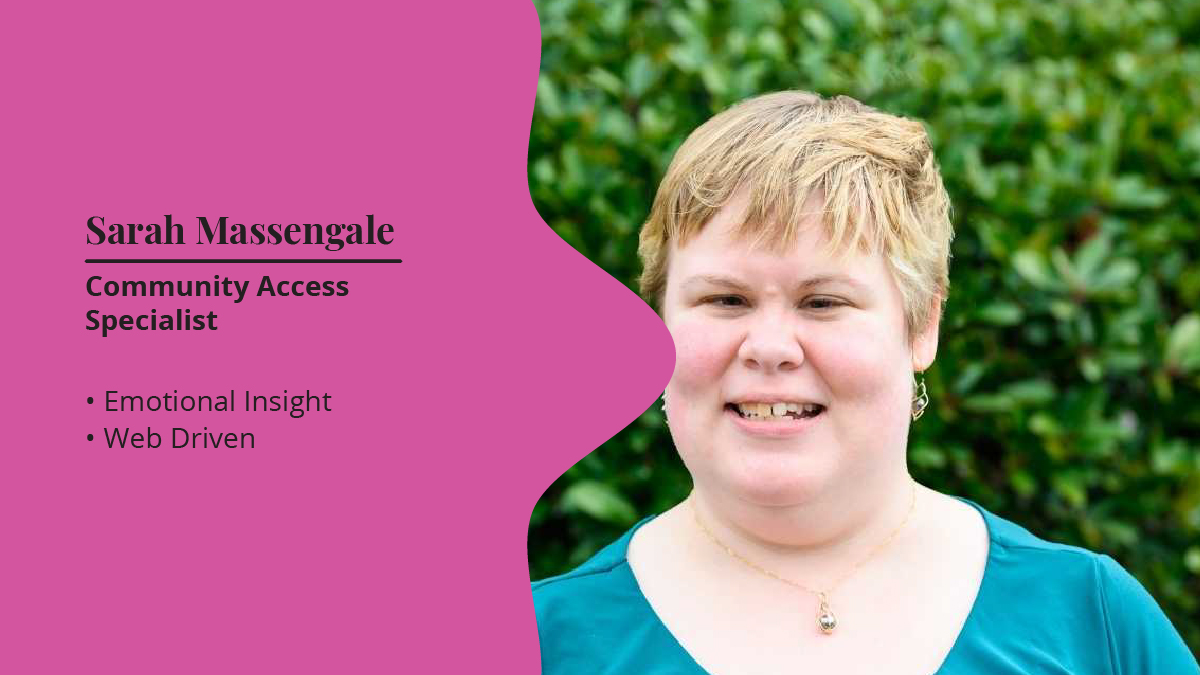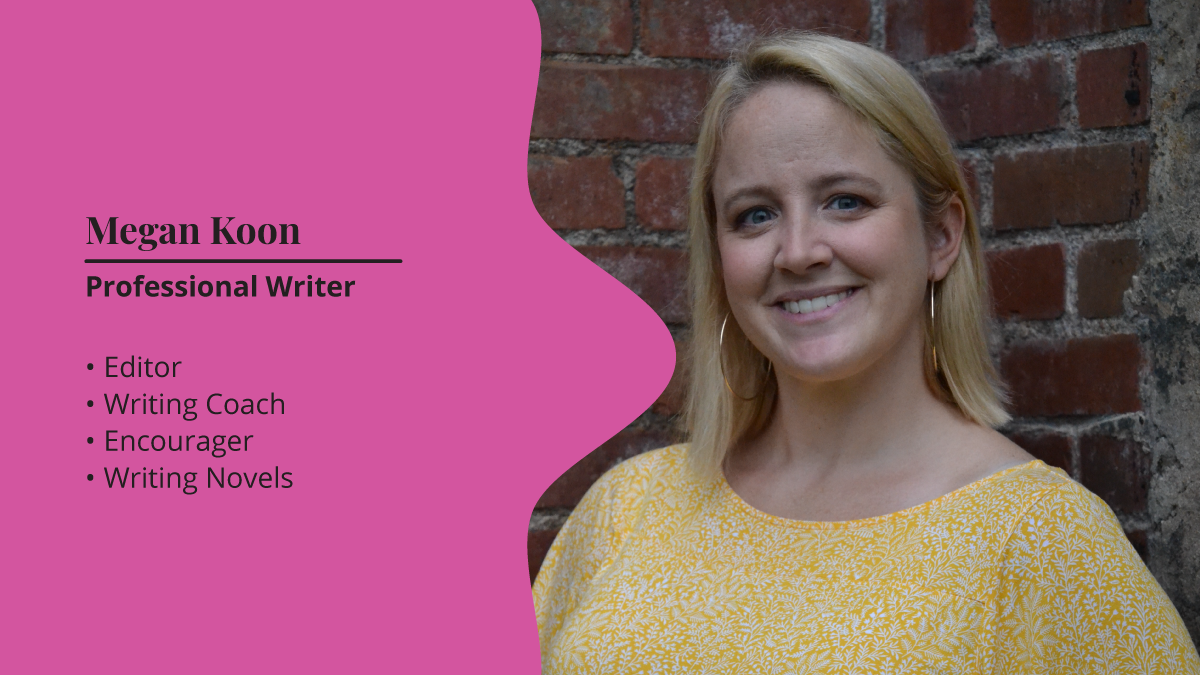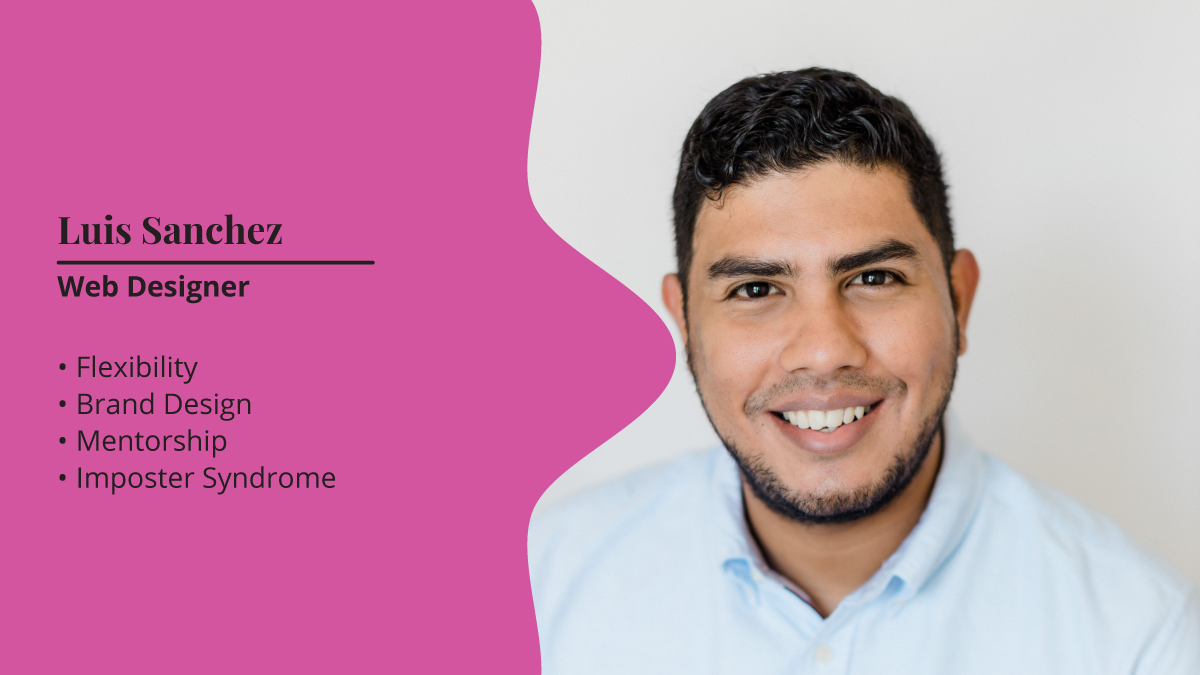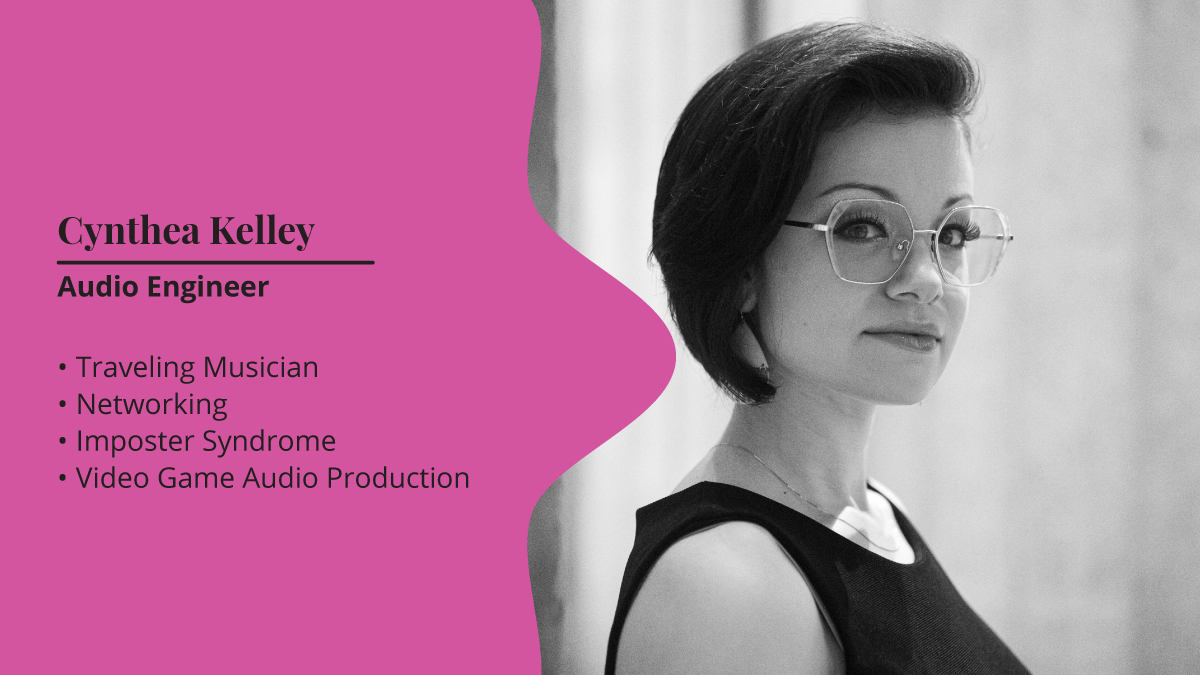“When you live with this experience of being the one dealing with this inaccessible content for over 30 years, you recognize what the issues are. And you have the skills to articulate the issues, you’re kind of in a position where if that’s something you’re interested in, that path sort of finds you automatically.”
Sarah Massengale is an alumnus of Converse University and the University of South Carolina. She holds a public relations and music degree. At the time of the interview, she was the community access specialist at Able South Carolina, but she is currently a Web Accessibility Auditor at McGraw Hill.
Interview
Transcript
Sarah Massengale
My name is Sarah Massengale. I’m originally from Barnwell, South Carolina, currently living in Columbia.
Emma Plutnicki
And can you please tell us what you do for work and where you’re working from, I’m assuming around Columbia?
Emma Plutnicki
Amazing, and how long have you been working doing that?
Sarah Massengale
Sure. So my official title is Community Access Specialist with Able South Carolina. To kind of break that down, what that means is I am in charge of conducting little accessibility audits on websites and web based platforms. I facilitate trainings on digital accessibility and creating accessible content, and do technical assistance and consulting on again, kind of accessible communications, creating accessible websites, things like that.
Sarah Massengale
May will be three years.
Emma Plutnicki
Great, amazing. So how did you end up in that field? How did you hear about it? How did you figure out that that was a path that you could take?
Sarah Massengale
So I started out, I think the person who nominated me mentioned I started out with a music degree from Converse University, it was Converse College at the time. And that, of course, was tricky in a number of ways. So first of all, having a full time music career in South Carolina, where it’s exclusively performance based, is tricky. Hopefully, there’s a teaching component or something like that, because there’s not the full time sort of performance venues. And then there’s the added sensation of being blind, where employment of people with disabilities is significantly less than the employment of non-disabled people. And that’s a whole longer conversation.
Sarah Massengale
I ended up deciding to go back to school, got a degree in Public Relations, from USC, from [University of South] Carolina. And in the process, I had been living with, you know, for 36 years now, really living with the frustrations of inaccessible web content. And so when you think about inaccessible web content, it kind of plays really nicely with that public relations and communications and marketing and journalism space, right? And so I started kind of taking on that role of facilitator in trainings. And my performance experience kind of comes into that because you learn to give that, you have that presenting ability, and the, you know, kind of assertiveness to really stand up and go, “Okay, I have the skills I can voice this, I can be in front of people and facilitate this.” And so I started kind of taking on the facilitating of those trainings working for a student-run PR agency that I was involved with, and then from there going into digital accessibility was kind of a natural path. And so Able hired me to do that work back when the pandemic was going on. And then from there, I’ve kind of built out my certifications and my credentialing to really be able to dig into that path. But I’m really always doing it from that communication space.
Emma Plutnicki
Yeah, that makes sense. So how would you say, you just mentioned that your like, performance background helped you? How else do you think having that degree in music has helped you in your current profession?
Sarah Massengale
So there’s a couple different things that go on. The performance background, of course, like I said, helps a lot with the training facilitations. And the other thing is, I’m in a space with, the digital accessibility space, where I’m in front of a lot of clients, in front of a lot of different people. And people who have very strong emotional reactions to various parts of the disability experience, whether or not it’s us telling them “hey, your site’s not accessible, you know, that’s a that’s a violation of the law,” or us having to give them information that they are just not expecting on the extensive remediation that’s going to happen. So there’s a value in reading people that comes from the performer’s mindset that’s also really important. And then kind of surface level. There’s the logistics and scheduling piece. So as a performer you’re constantly responsible for your own logistics, your own scheduling, you know, dealing with accompanists, dealing with opera directors, dealing with voice coaches, and so I’m very obsessively calendar conscious. And that’s something that comes from that performance background as well.
Emma Plutnicki
Yeah, that makes sense. So can you just walk us through a typical workday, what your work process looks like, and what’s kind of expected from you on a daily basis?
Sarah Massengale
Sure. For example, my workday kind of depends on whether it’s an audit day or whether it’s a training day. So an audit day is a couple of hours of admin first thing in the morning, which might be doing some of that logistic scheduling, might be some client correspondence, but then it’s going to be six hours straight of me, a minimum of three different screen reading pieces of software, two computers, and keyboards, various sundry automated testing tools, and just digging very deep into whatever web based platform is in front of me at the time. So essentially, basically, working in the tech field at this point, and doing that very deep-in technically-focused work.
Now, a Monday or a Thursday is going to be more client facing. And that’s going to be anything from facilitating these trainings, whether it be remote or in person, it’s going to be report consults with clients, where they have gotten their audit reports back, and I take some time to really sit down and decode those audit reports with them, because these are highly technical, very long documents. And so really sitting down and putting this into the plain language, making sure that folks really understand not only what they’re looking at, but why it’s important and who the barriers are going to effect. And then, so, other meetings are going to be of course, what we call pitch meetings. And the pitch meetings are, you know, a client has come to us, or we’ve discovered a client’s website is inaccessible and so we’ve reached out, but either way, the client is sitting down with us. And we are really working to get them on board with accessibility and talking through the services that they can receive, and how those services are going to be beneficial to them as a company.
Emma Plutnicki
Yeah, that makes sense. So do you think it’s been challenging for you to find this career path? Or like how to figure out how to apply your background to this task? Or are there any challenges that you run into on a daily basis that you’re able to kind of conquer?
Sarah Massengale
I don’t think finding the career path itself has necessarily been challenging, because again, when you when you live with this experience of being the one to deal with this inaccessible content for over 30 years, and you have the skills to articulate the issues, and you recognize what the issues are, you’re you’re kind of in a position where if that’s something you’re interested in, that path sort of finds you automatically. But as far as challenges to conquer, I think the biggest thing is, those barriers still exist in websites that I have to access to do my job. And then it’s also the getting clients on board with accessibility. Because, you know, for instance, I’ve been working with the Arts Commission. The Arts Commission is a rare situation, because they’re passionate, they’re excited, they want to do this work, they’re committed to this work. But eight times out of ten, what we’re more likely to see, say in a larger corporation is, “but people with disabilities don’t shop here. Why do we need to be doing this? Why? Why does it matter if our website is accessible?” Or something like, “oh, well digital accessibility is expensive.” Or, “Well, we’ll just put an accessibility overlay on our website. And that’ll solve all of our problems, right?” So the biggest barrier is really getting the client on board with what they need to be doing instead of doing just sort of these half baked ideas.
Emma Plutnicki
Yeah, that makes sense. I’m sure that’s very frustrating.
Sarah Massengale
Interesting.
Emma Plutnicki
Yeah. So, so far in your professional life, do you have a like defining moment that you’ve come across or like a particular project that you worked on, that’s made a significant impact on you?
Sarah Massengale
I think, honestly, this Arts Commission work has definitely been up there, because one of the things that’s been really cool, I joke with my director at work all the time about not often enough having the opportunity to, quote, “get out of my tech geek box.” And the Arts Commission project has been really cool, because in a lot of ways, it’s been able to really play the the three parts of me, you know, the musician and performer, the woman in tech and the public relations and communications professional, all together. And I’ve really been able to maximize using all of that, and I’ve been really excited and really appreciative of that.
Emma Plutnicki
Yeah, that’s great that all your backgrounds kind of come together like that.
Sarah Massengale
It is, it’s awesome.
Emma Plutnicki
Yeah. And so are there any local organizations within South Carolina that you know, of either local organizations or programs or events that you can recommend for anybody who’s looking to get into a field similar to yours?
Sarah Massengale
So unfortunately, South Carolina really does not have the facility for teaching most of these skills. There are, there is access South Carolina IT or ASCIT, which is a dedicated organization for accessibility professionals in the state, which I also chair. But as far as trainings for digital accessibility professionals, that doesn’t happen in South Carolina, I’m one of the very few handful of auditors in South Carolina and one of only like two or three that are actually certified. Folks will have to go out of the state for the trainings, but we live in the age of technology, a lot of that is available online.
Emma Plutnicki
Yeah, makes sense. So just as we wrap up, do you have any advice for current college students or just people who are young and trying to get into a professional world similar to your field?
Sarah Massengale
So what I’m gonna say is not necessarily centric on my field, what I’m going to say is to young disabled college students, is that do not, do not let anyone, whether it be academic institution, whether it be family, whether it be non-disabled peers, whether it be state agencies, whomever, do not let anyone dictate your career path, do not let anyone tell you that you cannot do your desired career path. But also remember that as a person with a disability, you’re going to have to work twice as hard. But it’s something my own mentor who was also blind said to me, when I got into the space that I was in college, and then I was starting to look for employment. And that’s something that has stayed with me because societal expectations of people with disabilities are unfortunately always lower. And so in order to make those societal expectations equitable, we are always going to have to work even harder than not disabled folks.
Emma Plutnicki
Yeah, that’s great advice. And is there anything else you’d like to add in general?
Sarah Massengale
I don’t think so at this time, but can I reserve the right to email you if I think of anything?
Emma Plutnicki
Absolutely, absolutely. For sure. That’d be great.



